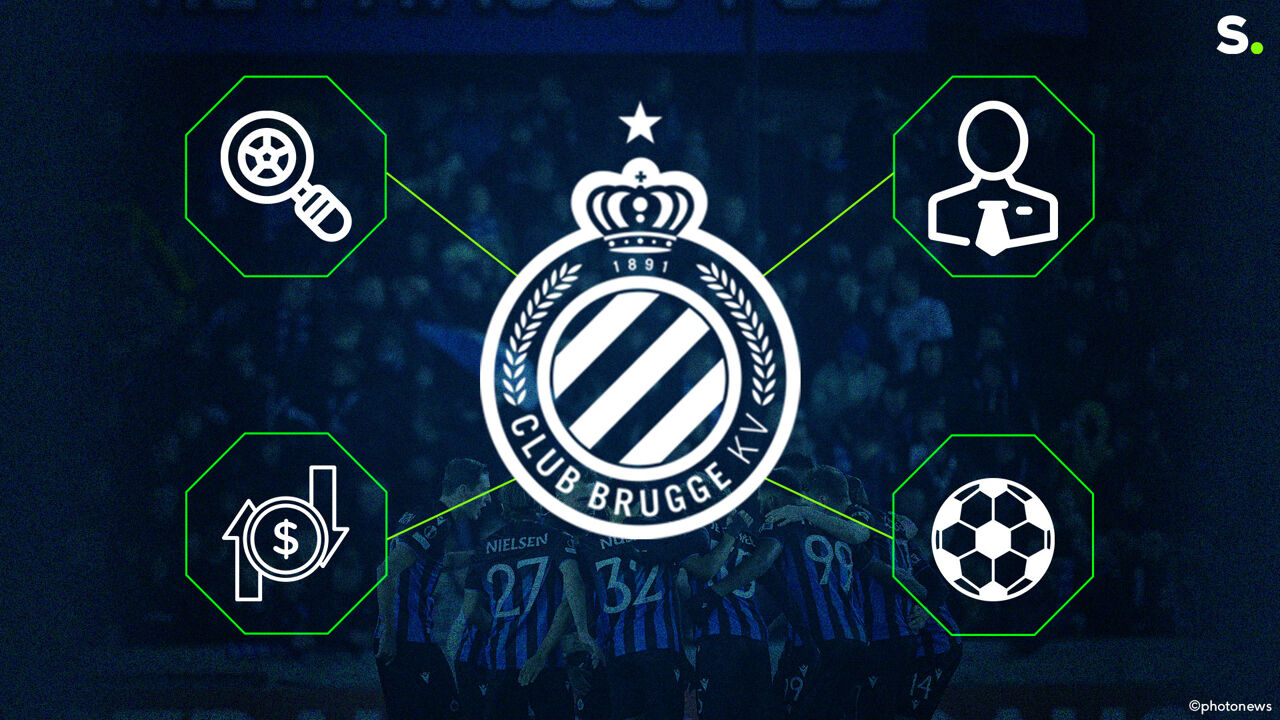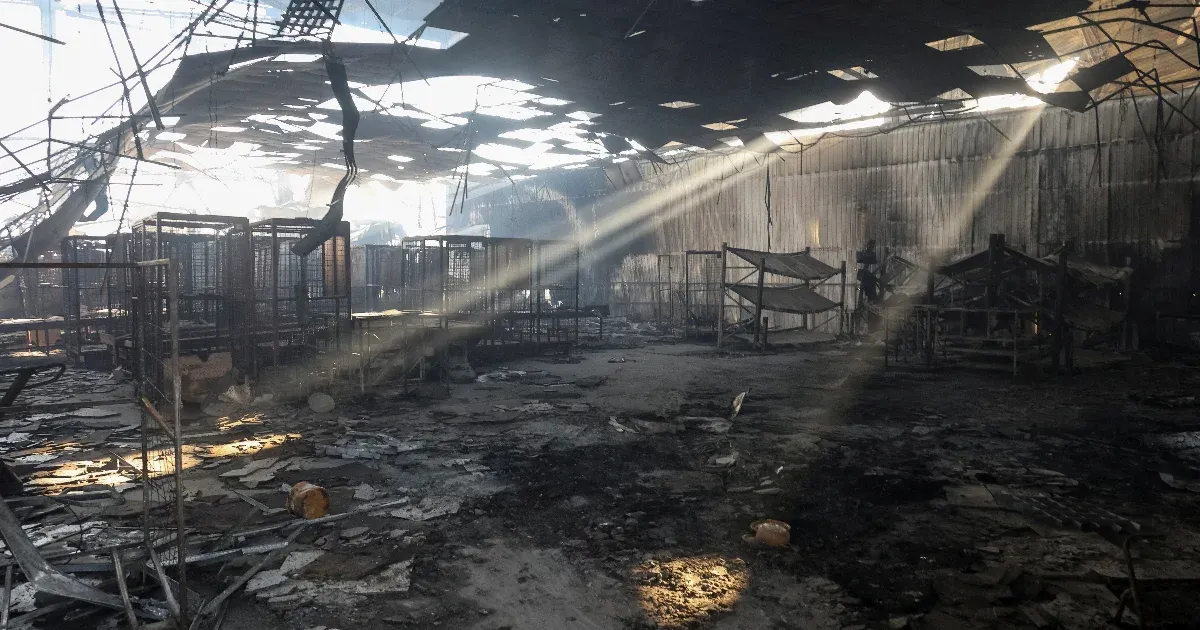#Builders #trouble #due #full #power #grid #Connection #weeks
Power connection in your home is no longer self-evident. We all need to go green, but the electricity grids are not yet designed for this. The growing power consumption by heat pumps, electric cars, induction hobs and because industry is switching from gas to electricity is causing enormous pressure on the power grid.
The result is that in the future more and more new-build homes will not be able to be connected to the power grid, warns the Bouwend Nederland trade association.
New construction
But here, in a chic neighborhood in Lisse, it is still business as usual. Construction boots on, helmet on. Only then can you take a look at the construction site. About twenty people are working on 24 new-build homes that are to be completed in March, says Aad de Vreugd, construction supervisor at Van der Hulst Bouwbedrijf in Lisse.
Vans come and go. Painters, plasterers, kitchen suppliers, stair builders. “All specialized in a job that we as builders do not do.” Laughing: “We are at the mercy of someone else’s arts.”
Russia
The utility company and the grid operator are also such third parties. Construction entrepreneur Yvonne van der Hulst has always been able to complete homes with electricity – just knock on the door. Although it is also becoming more exciting for her, she says, walking around one of the homes to be completed. “Where the utility company previously said: the connection will take 16 weeks, they now say: take 52 weeks into account.”
If there’s no electricity, she can’t call another utility, she points out. “In that respect, it resembles Russia here. There is no competition. So well, what can I do? If the only grid operator does not provide a connection, I cannot deliver homes. And if I do not deliver on the agreed date in the contract, “I don’t pay the customer’s final bill anyway, but I also have to deal with a penalty clause,” she says.
Prefab meter cupboards
Construction companies are becoming increasingly creative. Construction group Dura Vermeer, for example, places prefab meter boxes on the construction site, before – so to speak – the first shovel goes into the ground.
“By installing the meter cupboard in the shell construction phase, we are less dependent on the planning of grid operators,” says a spokesperson. According to him, less coordination is required with utility companies to determine the correct connection time. “Residents will then have the certainty of water and electricity after construction has been completed.”
Stress
Van der Hulst hears from builders around him that more and more events are being organized about how you as a construction company can prepare for the problem of an overcrowded power grid. For the time being, she does not see her company getting into trouble. “But if grid congestion continues to increase, new homes cannot be built. And then the continuity of your company is at risk.”
All those stories about an overcrowded power grid will cause you stress, she says. But she doesn’t have sleepless nights yet. “We have to deal with so much in construction, so I think: we look for solutions one way or the other.”
Optimizers and converters
Van der Hulst walks up the stairs to the attic, to ‘the technology room’. This is what sustainability looks like in a new-build home in 2024. A heat pump, fan system, boiler, aluminum pipes, optimizers and inverters. They convert the direct current from the solar panels into usable electricity, alternating current.
The installation technology for new construction is complex for the consumer, according to the entrepreneur. “And all sustainability technology has taken off enormously in recent years. As a result, we are also receiving new questions in aftercare.”
New contracts
Van der Hulst expects that in the future the municipality will first have to investigate whether a residential area can in any case be connected to the power grid. “If not, don’t issue a permit.”
She also suggests that the consequences of grid congestion should be included in the contract with the customer. “With new regulations and obligations. For example, a clause that includes the time of delivery and about making objections.”
Social problem
For builders, grid congestion is force majeure, says Rob De Groot, director of the BouwGarant quality mark organization. “But the grid operator also has to work on more grid capacity with too few hands. It is a social problem.”
It also means headaches for the consumer: in this way, a bridging mortgage becomes almost unaffordable, because the time of delivery can be enormously delayed.
Despite the list of challenges, Van der Hulst still enjoys building. “We make something beautiful, something sustainable, something that will still be there in 100 years. That makes me very proud.”
Construction is struggling
Construction entrepreneur Yvonne van der Hulst is not the only one who struggles from time to time. While ABN AMRO predicts that (new) construction will shrink by 2.5 percent this year, the Economic Institute for Construction (EIB) is more pessimistic with a prediction of a 3.5 percent shrinkage.
Reasons for this pessimism? This includes increased (purchasing) costs, new requirements for the environmental performance of buildings, lack of expertise, the nitrogen crisis and last but not least the overloaded power grid.
Increased costs
For example, Van der Hulst saw its purchasing costs increase by an average of 15 percent and personnel costs by approximately 10 percent. “During corona, ports closed, containers did not arrive.” Then the war broke out in Ukraine and we had to deal with high gas prices. “Roof tile manufacturers temporarily stopped production. One crisis followed another.”
Low and high water in the rivers – which causes inland shipping to pass on surcharges – also led to rising costs for the entrepreneur. Van der Hulst also hired an external agency to properly comply with the requirements of the new Environmental Act.
Don’t pass on everything
“I can’t share all that pain with the supplier – as a small company you can’t sing that many notes – and I can’t pass all the increased costs on to the customer,” she says. “There is virtually no possibility between private individual and builder to break the contract.”
The construction contractor took the pain himself. “Our company has built up reserves over time. After seven good years come seven lean years. Fortunately, we have been able to absorb those dips.”






:quality(70)/cloudfront-us-east-1.images.arcpublishing.com/gruponacion/GL2CYREMNBARRPAGLE53HBNGWU.JPG)



